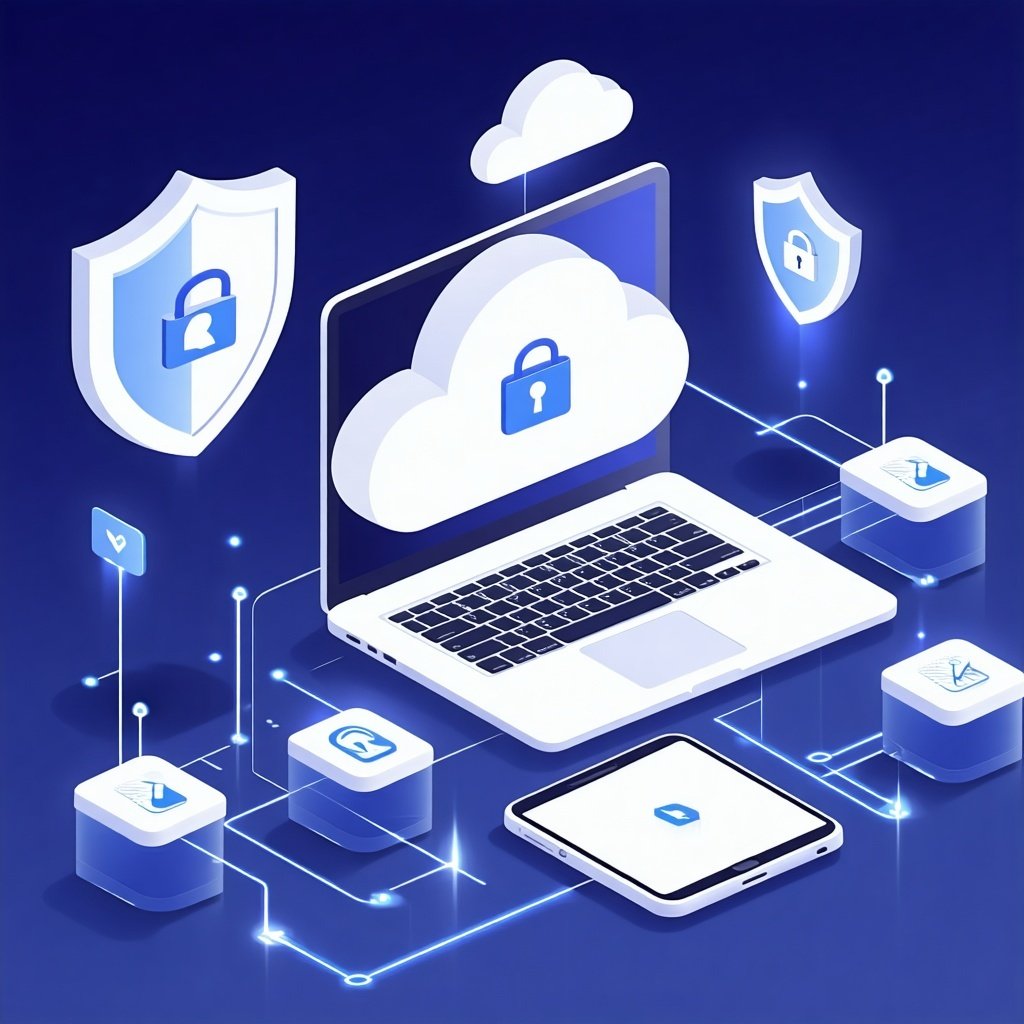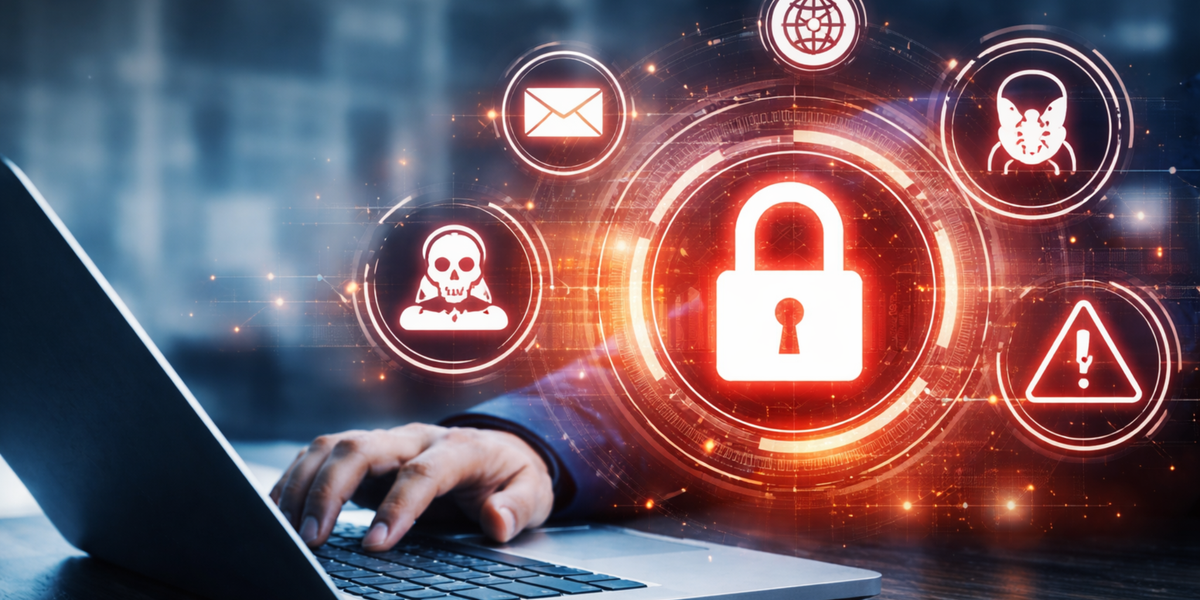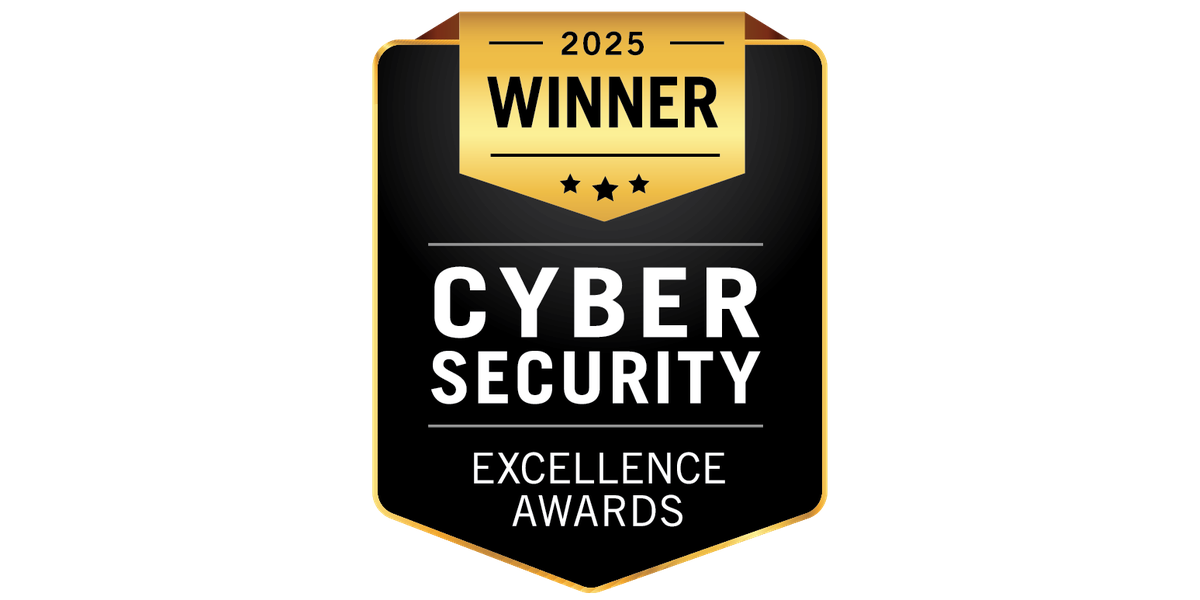The Most Common Cyber Attacks Targeting Small & Mid-Size Businesses
Many small and mid-size businesses believe cybercriminals only target large enterprises. In reality, SMBs are one of the most frequent targets of...
Tailored consulting, engineering, and managed security services to meet your needs.
Discover who we are, what drives us, and how Cortrucent partners with businesses to deliver lasting security and technology success.
Explore Cortrucent’s latest insights, industry updates, and expert resources to strengthen your cybersecurity and IT strategy.
5 min read
Shane J. Henszey, CISSP
:
Updated on October 28, 2025

In today's digital age, cybersecurity is no longer a luxury but a necessity for businesses of all sizes. For small businesses, the stakes are particularly high. As a Managed Security Service Provider (MSSP), we understand the unique challenges and risks that small businesses face in the realm of cybersecurity. Here, we dive into ten compelling reasons why cybersecurity should be a top priority for small businesses, alongside practical steps to enhance their security posture.
The foundation of a strong cybersecurity strategy begins with educating employees about security best practices. Establishing clear security policies, such as requiring strong passwords and enforcing guidelines for internet usage, can significantly reduce the risk of breaches. Employees should be trained to recognize phishing attempts, handle customer information securely, and understand the consequences of violating security protocols. Human error is a leading cause of security breaches. By educating employees, businesses can mitigate risks and foster a culture of security awareness.
Keeping systems updated with the latest security software, web browsers, and operating systems is crucial in defending against cyber threats. Regular scans with antivirus software and prompt installation of software updates are essential practices. Cybercriminals often exploit vulnerabilities in outdated software. Ensuring that all systems are up to date can protect against known threats and reduce the risk of infection.
A firewall is a critical component in safeguarding a network. It acts as a barrier that prevents unauthorized access to private data. Small businesses should ensure that their operating system’s firewall is enabled or install reliable firewall software. For remote workers, securing home networks is equally important. Firewalls protect against unauthorized access and can prevent many types of cyberattacks, safeguarding sensitive business data
With the proliferation of mobile devices in the workplace, managing their security is vital. Implementing policies that require password protection, data encryption, and the use of security apps can prevent unauthorized access and data theft. Mobile devices are vulnerable to theft and loss. A comprehensive action plan ensures that even if a device is compromised, the data remains secure.
Regular backups are a fundamental part of a robust cybersecurity strategy. Businesses should automate backups whenever possible and store copies offsite or in the cloud to protect against data loss due to cyberattacks or hardware failures. In the event of a ransomware attack or other data loss incidents, having recent backups can enable quick recovery and continuity of operations.
Physical security is as important as digital security. Unauthorized physical access to business computers can lead to data breaches and theft. Implementing measures such as locking laptops when not in use and creating separate user accounts for each employee can mitigate these risks. Physical theft or tampering with devices can lead to significant data breaches. Controlling physical access helps protect sensitive information.
Securing workplace Wi-Fi networks by using encryption and hiding the network name (SSID) can prevent unauthorized access. Ensure that the router is password-protected and that strong passwords are used. An unsecured Wi-Fi network can be an easy entry point for cybercriminals. Properly securing it prevents unauthorized access and data interception.
Businesses must work with their banks or payment processors to ensure the use of validated tools and anti-fraud services. Isolating the payment system from other networks and not using the same computer for processing payments and internet browsing can minimize risks. Payment card data is a prime target for cybercriminals. Adhering to best practices helps protect sensitive financial information and maintain customer trust.
Access control is essential in minimizing the risk of data breaches. Employees should only have access to the data necessary for their roles, and software installation permissions should be restricted. Limiting access reduces the potential impact of a breach and prevents unauthorized actions that could compromise security.
Enforcing strong, unique passwords and requiring regular password changes can bolster security. Implementing multi-factor authentication (MFA) adds an additional layer of protection by requiring a second form of verification. Passwords are often the first line of defense. MFA significantly enhances security by making it harder for attackers to gain unauthorized access.
The Changing Cybersecurity Landscape
Small business owners often underestimate their attractiveness as targets for cybercriminals. The misconception that "it won't happen to me" can lead to complacency. However, cybercriminals use automated tools to scan for vulnerabilities indiscriminately, making every business a potential target. Cyber threats are evolving, and so should the security measures. Businesses must stay informed about the latest threats and adapt their strategies accordingly.
Effective cybersecurity isn’t about ticking boxes it’s about ongoing strategy and expert oversight. As threats evolve, so must your defenses. Our team provides proactive vulnerability management, continuously monitoring for risks and implementing targeted remediation plans. But technology alone isn’t enough.
We help organizations build a strong security culture through hands-on training and realistic phishing simulations, empowering employees to recognize and respond to threats. And with today’s hybrid workforce, we secure every endpoint with tailored solutions like email filtering, patch management, and endpoint protection boosting both security and productivity.
Consequences of Cyberattacks on Small Businesses
Financial Losses: The immediate costs of a cyberattack include hiring cybersecurity experts and potential ransom payments. Long-term costs can involve lost revenue, legal fees, and fines for non-compliance with data protection regulations.
Reputation Damage: A breach can erode customer trust and damage a company's reputation, leading to lost business and difficulties in attracting new customers or investments.
Operational Disruptions: Cyberattacks can cause significant disruptions, such as system downtimes or data loss, impacting a company’s ability to deliver products and services.
Why Cybersecurity is Critical
Key Cybersecurity Measures for Small Businesses
Conclusion
For small businesses, the cost of neglecting cybersecurity can be catastrophic. By implementing the practices outlined above, small businesses can protect themselves against a wide range of cyber threats. As an MSSP, we are committed to helping small businesses strengthen their cybersecurity posture, ensuring that they can operate safely and securely in the digital age. Prioritizing cybersecurity not only protects the business but also fosters trust and confidence among customers and partners.

Many small and mid-size businesses believe cybercriminals only target large enterprises. In reality, SMBs are one of the most frequent targets of...

Artificial intelligence is rapidly transforming the way businesses operate. From ChatGPT and Microsoft Copilot to AI-driven automation and analytics,...

Princeton, NJ — End of Year Announcement – Cortrucent Security, a leading provider of managed security services, is proud to announce that it has...